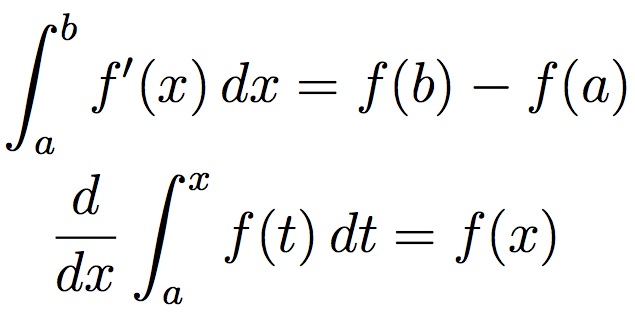You can make a reasonable argument that the development of calculus in the 17th century – giving us the ability to quantify rates of change for all natural processes – marked the beginning of the modern world. Almost nothing in the industrialized economy would have existed in present form without it; its impact is at least equal to that of inventions like the printing press and gunpowder.
Four centuries later, its special status is reflected in school, where calculus is seen as the summit of the “hard” subjects, especially in high school.
A new study, reported via Education Week (here) points to calculus as having another role: As a very strong gender filter.
The study, published in PLOS One last month, found that women are 1.5 times more likely to drop out of the STEM pipeline after Calculus I than men are. And that’s likely because women, when compared to men of similar capabilities, tend to start and end the course with lower confidence in their math skills. (During the course itself, men and women lose math confidence at about the same rate.)
Interestingly, a look at the U.S. Department of Education’s office for civil rights data from 2013-14 shows that high school calculus classes have about equal numbers of boys and girls in them (51 percent to 49 percent, respectively). And the decrease in STEM interest is sharper for girls than boys between 12th grade and freshman year in college. So maybe calculus—and confidence in it—are partly to blame there as well?
I sympathize. I got a BS in math, but I still have the occasional nightmare in which I have to take a calculus final and realize that I don’t know anything and won’t get my degree. I don’t have that nightmare with any other subject, not even foreign languages, where my incompetence was legendary. There’s just something about calculus that seems uniquely “hard” among academic disciplines.
What exactly should be done about this isn’t clear. There is a current argument over whether mathematics education should mostly avoid calculus, instead emphasizing numeracy and probability – and I think there’s much to that argument. Calculus might define the modern world but this doesn’t mean everybody has to jump through its hoop to contribute to the modern world.


 Return to the Concord Monitor
Return to the Concord Monitor
I finally agree with the last sentence. Its not for everyone. The world needs all sorts of skill sets to flourish and we should praise brick layers and caring mothers just as much as we do scientists and mathematicians.